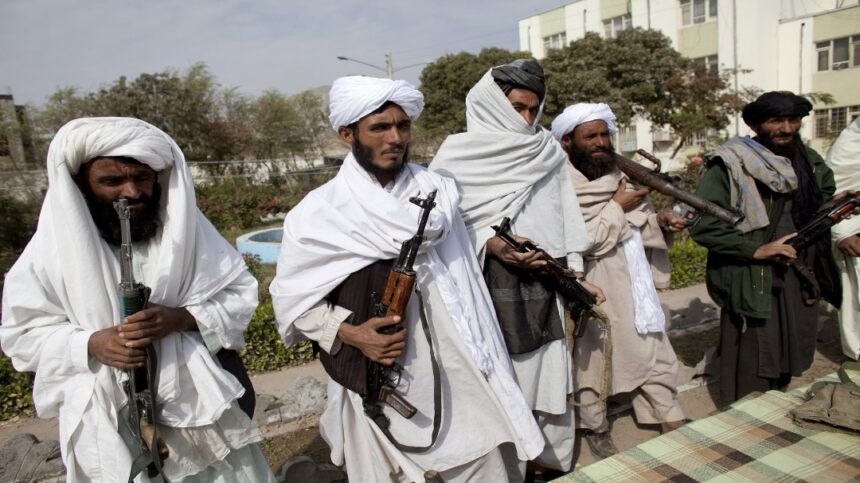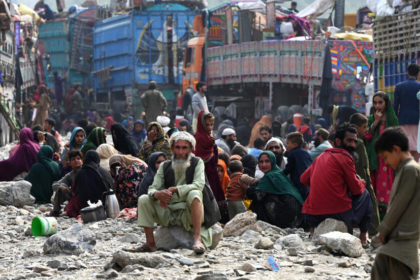RASC News Agency: Despite Russia’s prior assurances of removing the Taliban from its list of designated terrorist organizations, the group remains officially blacklisted. This delay appears to be driven by Moscow’s persistent security concerns, which remain unresolved and continue to shape its cautious approach toward the Taliban. In January of this year, Russian President Vladimir Putin signed legislation allowing for the temporary suspension of designated terrorist organizations within Russia. Under this framework, Russian courts are empowered to provisionally and conditionally remove groups such as the Taliban from the terrorist list. While this law presents an opportunity for potential policy shifts regarding the Taliban, no concrete steps have been taken to enact such a change.
Recently, Russian Deputy Foreign Minister Andrey Rudenko acknowledged that the process of temporarily delisting the Taliban remains “protracted and complex.” His statement reflects Moscow’s deliberate and measured stance, underscoring the numerous strategic and security considerations still at play. The reluctance to delist the Taliban is not merely a matter of legal bureaucracy but is deeply rooted in Russia’s broader security calculations. Last week, Russia’s ambassador to Pakistan highlighted Islamabad’s mounting concerns over the surge in terrorist activity within its borders. In an interview with TASS, he stated, “We fully support our Pakistani counterparts in their fight against terrorism and emphasize the importance of strengthening constructive cooperation with both Pakistan and Afghanistan.”
Albert Khorev further noted, “Bolstering peace and stability in Afghanistan while countering terrorist threats emanating from its territory is a shared strategic imperative for both Moscow and Islamabad.” While Russia has established diplomatic engagement with the Taliban going as far as transferring control of Afghanistan’s embassy in Moscow to the group it has yet to formally recognize its government. This calculated approach underscores the intricate dynamics of Russia’s foreign policy toward Taliban-controlled Afghanistan. For Moscow, engagement with the Taliban is driven primarily by regional security imperatives and the looming threat posed by external actors such as ISIS. In a recent meeting with his Tajik counterpart, Russian Foreign Minister Sergey Lavrov reiterated concerns over Afghanistan’s evolving security landscape.
Moreover, Russia’s ambassador to the United Nations has warned that the Taliban’s access to abandoned U.S. military hardware in Afghanistan poses a “serious and far-reaching threat” to global security. These concerns carry significant weight for Moscow, as any resurgence of instability in Afghanistan could have profound ramifications for neighboring states, including Russia itself. Despite Russia’s pragmatic interest in fostering economic and diplomatic engagement with the Taliban, it remains deeply wary of granting formal recognition or removing the group from its terrorist blacklist. Unless and until the Taliban can fully assuage these security concerns, Moscow is likely to maintain its cautious and calculated stance, delaying any substantive policy shifts regarding their official status.






